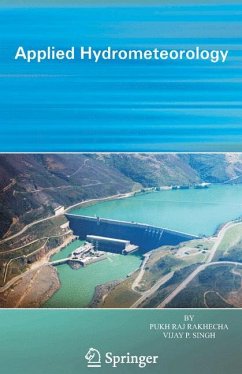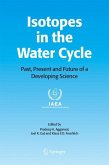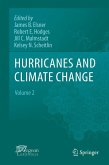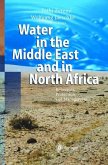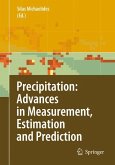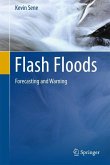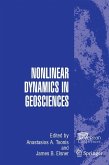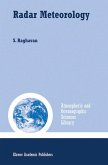This book "Applied Hydrometeorology" is intended to serve as a text for senior undergraduate or beginning undergraduate courses in hydrometeorology, and will also be of value to practicing engineers and hydrologists engaged in the planning, design, development, and management of water resources. The subject matter has been developed in a logical and coherent manner and covers a wide spectrum of topics and provides a discussion of significant developments. Also emphasis is placed on the applied aspects of hydro meteorological research and practice worldwide. Numerous worked examples are provided in each chapter to enable the user to gain comprehension and understanding of the subject of hydrometeorology.
Water is vital for life. Since the dawn of civilization, much effort has been made to harness sources of fresh water. Recent years have raised global awareness of the need for increasing demand of water worldwide, largely because of growing population, rising standard of living, higher demand for energy, and greater appreciation for environmental quality. As an example, the world population has increased threefold in the past five decades. In order to meet the rising water demand, water resources are being developed by building large dams, reservoirs, barrages and weirs across rivers worldwide. The guiding principle for water resources development has been to ensure adequate supply of water for agriculture, domestic use (including fine drinking water), waste disposal, industries, and energy production, with due attention to maintain the ecosystem functions. This development, however, depends on a holistic, cooperative and scientific approach. The basic inputs in the assessment ofwaterresources for a given region are from hydrological data and the subject of hydrology forms the core in achieving sustainable development of water resources. Barring a few exceptions, hydrological data for most river basins are sparse and therefore it is difficult to comprehensively assess their water resources. The major source of water is rainfall which occurs as a result of condensation of atmospheric moisture governed by the science of meteorology.
Water is vital for life. Since the dawn of civilization, much effort has been made to harness sources of fresh water. Recent years have raised global awareness of the need for increasing demand of water worldwide, largely because of growing population, rising standard of living, higher demand for energy, and greater appreciation for environmental quality. As an example, the world population has increased threefold in the past five decades. In order to meet the rising water demand, water resources are being developed by building large dams, reservoirs, barrages and weirs across rivers worldwide. The guiding principle for water resources development has been to ensure adequate supply of water for agriculture, domestic use (including fine drinking water), waste disposal, industries, and energy production, with due attention to maintain the ecosystem functions. This development, however, depends on a holistic, cooperative and scientific approach. The basic inputs in the assessment ofwaterresources for a given region are from hydrological data and the subject of hydrology forms the core in achieving sustainable development of water resources. Barring a few exceptions, hydrological data for most river basins are sparse and therefore it is difficult to comprehensively assess their water resources. The major source of water is rainfall which occurs as a result of condensation of atmospheric moisture governed by the science of meteorology.

